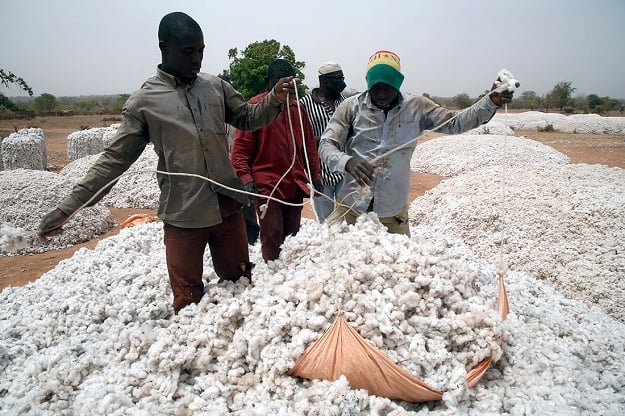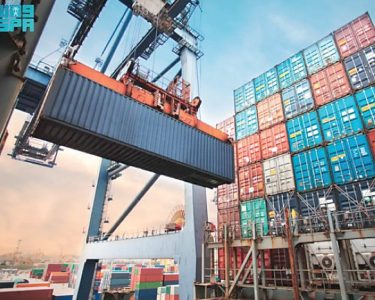KARACHI:
The European Union (EU) has decided to re-review Pakistan’s Generalised Scheme of Preferences Plus (GSP+) status in June 2025, despite initially granting the preferential trade status until 2027. Cotton Ginners Forum Chairman Ehsanul Haq told The Express Tribune that a team from the EU recently visited Pakistan to assess compliance with 27 conventions. EU officials have warned that failure to meet these requirements could result in the suspension of GSP Plus benefits.
Haq highlighted concerns over Pakistan’s cotton sector, stating that production this year is about 50% below target due to flawed policies regarding imported cotton and cotton yarn. Despite being 34% lower than last year, large unsold reserves of cotton and cotton yarn in ginning factories and spinning mills have created anxiety across the supply chain. He warned that Pakistan’s inability to absorb domestic cotton production could lead to a significant decline in cotton cultivation for the 2025-26 season. Additionally, the country may spend over $4 billion on cotton, cotton yarn, and edible oil imports.
According to data released by the Pakistan Cotton Ginners Association (PCGA) till January 31, 2025, total cotton production stood at 5.51 million bales34% less than the same period last year. However, despite lower production, unsold stocks in ginning factories have increased to 486,000 bales, marking a 31% rise from last year.
During this period, textile mills drastically reduced cotton purchases from ginners, with a record drop of 2.7 million bales compared to last year. The key factor behind this decline is the preferential treatment given to imported cotton and yarn, which are exempt from sales tax. In contrast, a hefty 18% sales tax is imposed on locally produced cotton and yarn, discouraging purchases from domestic suppliers.
Pakistan has already imported 1.5 million bales of cotton, with agreements in place for an additional 30-35 million bales. By the end of the year, total imports are expected to reach 50-55 million bales, excluding imports of cotton yarn and grey cloth.
Many spinning mills have become inactive due to reduced domestic cotton purchases, while reports suggest some ginning factory owners are facing bankruptcy. Haq urged Prime Minister Shehbaz Sharif and Special Investment Facilitation Council (SIFC) officials to impose sales tax on imported cotton and yarn to stabilise local cotton prices, boost domestic cultivation, and save billions in foreign exchange.




